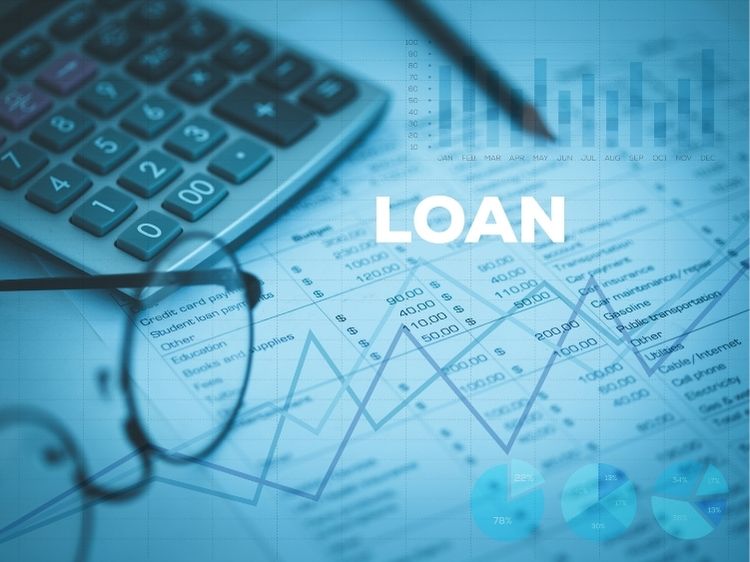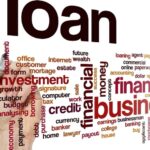Owning a mobile home offers flexibility and affordability, but like any property, it may need upgrades over time. Whether it’s fixing the roof, modernizing the kitchen, or improving energy efficiency, home improvement loans for mobile homes can provide the financial support necessary to make these upgrades. For mobile homeowners, understanding the types of loans available and how to navigate the application process is crucial for successfully financing home improvements. This article will explore everything you need to know about home improvement loans for mobile homes and how they can help you turn your mobile home into a more comfortable and valuable living space.
What Are Home Improvement Loans for Mobile Homes?
Home improvement loans for mobile homes are designed to help mobile homeowners finance upgrades and repairs. These loans are typically used to cover the costs of renovating, repairing, or enhancing mobile homes. Unlike traditional home loans, which are often tied to brick-and-mortar properties, these loans cater specifically to mobile homes, which may not always qualify for conventional financing options.
A mobile home, sometimes referred to as a manufactured home, may not appreciate in value in the same way that a site-built home does. This difference can make it more challenging for owners to secure loans for home improvements. However, lenders offer several options, including government-backed programs, to help mobile homeowners access funds for essential repairs and upgrades.
Types of Home Improvement Loans for Mobile Homes
There are several different types of home improvement loans available to mobile homeowners. Each has its own set of eligibility requirements and benefits, so it’s essential to choose the one that best fits your needs.
Personal Loans
Personal loans are an option for mobile homeowners who want to finance small to medium-sized home improvement projects. Personal loans generally have fixed interest rates and repayment terms, which can make them easier to manage over time. These loans do not require collateral, which means you don’t need to put your home or other assets at risk. However, the amount you can borrow may be limited compared to other types of loans.
Personal loans for mobile home improvements are ideal for homeowners who need a relatively small amount of money for upgrades such as replacing appliances or improving the interior design. Since these loans typically don’t require a down payment, they may be a more accessible option for those without significant equity in their homes.
FHA Title 1 Loans
The Federal Housing Administration (FHA) offers Title 1 loans for mobile home improvements. These loans are specifically designed for low- to moderate-income borrowers and can be used for repairs or upgrades to both mobile homes and the land on which they sit. FHA Title 1 loans are ideal for homeowners who may not qualify for conventional financing options due to limited credit history or income.
These loans are often unsecured, meaning they don’t require the borrower to put up collateral. The maximum loan amount for a mobile home is typically $25,000, though this may vary based on the nature of the project and the borrower’s financial situation. The repayment terms for FHA Title 1 loans are generally flexible, making them an attractive option for homeowners looking to finance home improvements.
VA Home Improvement Loans
For veterans and active-duty service members, the U.S. Department of Veterans Affairs (VA) offers home improvement loans through the VA home loan program. While VA loans are generally known for helping with home purchases, they can also be used for home repairs and improvements.
VA loans offer competitive interest rates, flexible credit requirements, and no down payment for qualified borrowers. However, there are restrictions on the type of home that can be financed with a VA loan. To qualify, the mobile home must meet certain standards set by the VA, and the borrower must meet specific service requirements.
Secured Home Improvement Loans
For mobile homeowners who have equity in their property, a secured home improvement loan can be a good option. These loans use the home itself as collateral, which typically allows borrowers to access larger loan amounts at lower interest rates. The loan amount you can borrow is often based on the equity you have in the home.
Secured loans carry more risk because if you fail to make payments, the lender can seize the home. However, if you have significant equity in your mobile home and are confident in your ability to repay the loan, this option can be an effective way to finance larger home improvement projects, such as replacing the roof, installing new plumbing, or adding additional square footage to the home.
How to Qualify for Home Improvement Loans for Mobile Homes
Qualification requirements for home improvement loans for mobile homes vary depending on the type of loan you’re applying for. However, there are several common factors that most lenders consider when evaluating your loan application.
Credit Score
Your credit score plays a significant role in the approval process. While some loans, such as FHA Title 1 loans, have more lenient credit score requirements, a higher credit score generally increases your chances of approval and may help you secure a lower interest rate.
Income and Employment History
Lenders want to know that you can repay the loan. Your income level and employment history will be assessed to ensure that you have a stable financial situation. If you are self-employed, you may need to provide additional documentation, such as tax returns, to prove your income.
Home Ownership Status
For secured loans, lenders will want to confirm that you own the mobile home outright or have sufficient equity in the property. If you rent the land on which your mobile home sits, this could affect your ability to qualify for certain types of loans, especially secured loans.
Loan Amount
The amount of money you wish to borrow will also affect the loan terms and your chances of approval. Lenders generally offer smaller loans for personal loans or FHA Title 1 loans, while larger loans may require collateral or a stronger credit history.
How to Use Home Improvement Loans for Mobile Homes
Once you’ve secured a home improvement loan for your mobile home, it’s important to plan how you will use the funds. Before committing to a loan, consider which areas of your mobile home need improvement most. Prioritize projects that will increase the value, comfort, and safety of your living space. Some common uses of home improvement loans for mobile homes include:
- Roof replacement or repair: Mobile homes are particularly vulnerable to roof damage. A new roof can protect the home from weather-related damage and improve energy efficiency.
- Upgrading plumbing and electrical systems: Outdated plumbing and electrical systems can pose safety risks. Upgrading these systems can ensure the home is up to code and prevent costly repairs down the line.
- Energy-efficient upgrades: Mobile homes can benefit from energy-efficient windows, insulation, and HVAC systems. These upgrades can reduce utility bills and make your home more comfortable.
Conclusion
Home improvement loans for mobile homes provide a valuable opportunity for mobile homeowners to enhance their living spaces without the need for significant upfront capital. Whether you choose a personal loan, FHA Title 1 loan, VA loan, or a secured loan, there are financing options available to meet various needs and budgets. By understanding your financing options, qualifying criteria, and the types of improvements you can make, you can confidently take the next steps toward creating a more comfortable, valuable mobile home.







